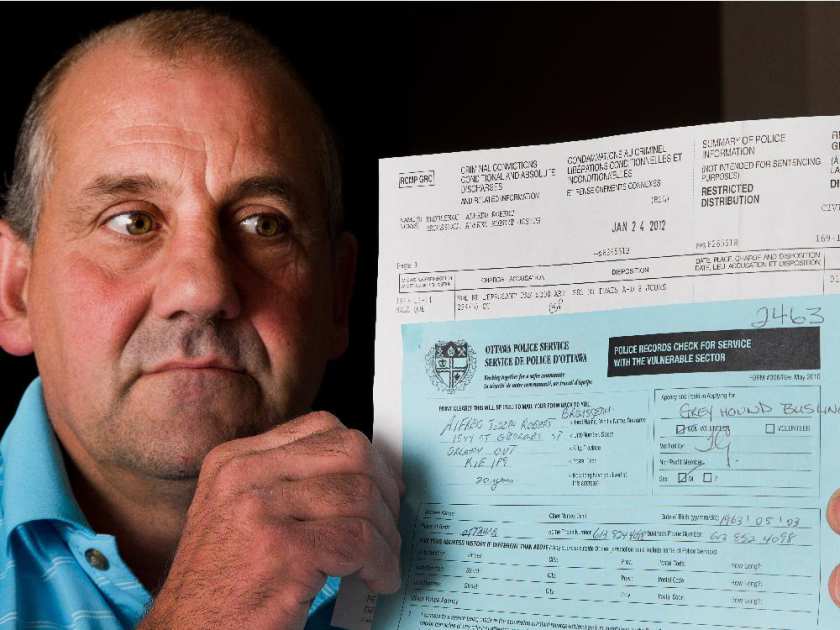Three years after Bill C-1 passed in 2012, thousands are still waiting on a decision from the Parole Board of Canada (PBC) as to whether their pardon applications have been granted. With the news of the fee increase from $150 to $631 being implemented with Bill C-1, a surge in applications resulted and thousands of individuals have been waiting ever since.
Why the backlog? Applications submitted after Bill C-1 was implemented are being processed ahead of the older applications. The PBC have also made the decision to process only applications for summary offences at this time to allow it to process the backlog as quickly as possible while also ensuring that it can continue to meet its legislated responsibilities in other areas. The Board anticipates having all summary offence applications in the backlog completed by March 31st, 2015, and is currently processing those received in February 2012. Applications for indictable offences will be processed as resources permit following the completion of applications for summary offences in the backlog. http://www.pbc-clcc.gc.ca/prdons/backlog-eng.shtml
The PBC has taken steps to address the backlog and has reduced the backlog by more than 55% − from a total of 22,320 to just over 10,000. The Board expects to have close to 70% of the backlog cleared by March 31, 2015.
Why are record suspensions being processed ahead of pardons? Record suspensions operate under a full-cost recovery model ($631 user fee).
Under the User Fees Act, these applications must by law be processed according to specific service standards.
- Up to 6 months for a summary offence;
- Up to 12 months for an indictable offence;
- Up to 24 months where the Board proposes to refuse.
How many officers are working on the backlog? On December 17, 2014, Pardon Services Canada reached out to the Parole Board under the Access to Information Act, to inquire about the backlog and the number of officers working on the backlog. We asked how many officers are assigned to work on backlogged pardon applications for the year 2014 to date. The Parole Board responded by saying “ In June 2014 the number of officers was 12 and as of the date of this request the Board has 6 officers assigned to the backlog on a full time basis and 15 officers on a part time basis”. We also asked, how many officers were assigned to work on current applications submitted under new legislation? The reply was “20 officers”.
At Pardon Services Canada, we empathize with your frustration. So what can an applicant who is stuck in the backlog do? A pardon applicant may withdraw his or her application at any time and for any reason. However, pardon applicants should first check that they qualify for a record suspension under the current Criminal Records Act before withdrawing their pardon application, as the eligibility requirements have changed. Also note, that since work to process pardon applications in the backlog has already been completed up to the investigation stage, no refund can be given for those who decide to withdraw their application. Starting a new Record Suspension application also means the time and work put into the Pardon application will be lost. New documentation, in line with the new legislation, will need to be obtained from the required government agencies. This can take months to process. If an applicant chooses to withdraw their pardon application and re-apply for a record suspension, the Board will transfer their pardon application to the record suspension program. http://www.pbc-clcc.gc.ca/prdons/backlog-eng.shtml Once the switch has been made, it will take a minimum of six months for those applications filed as summary and a year for indictable for a decision to be rendered. There are no guarantees that the application processing time will be any less capricious.
If you are currently stuck in the backlog, there is an alternative, but consider the pros and cons very carefully. If you have any questions, contact Pardon Services Canada to discuss your situation with one of our client advisors.
